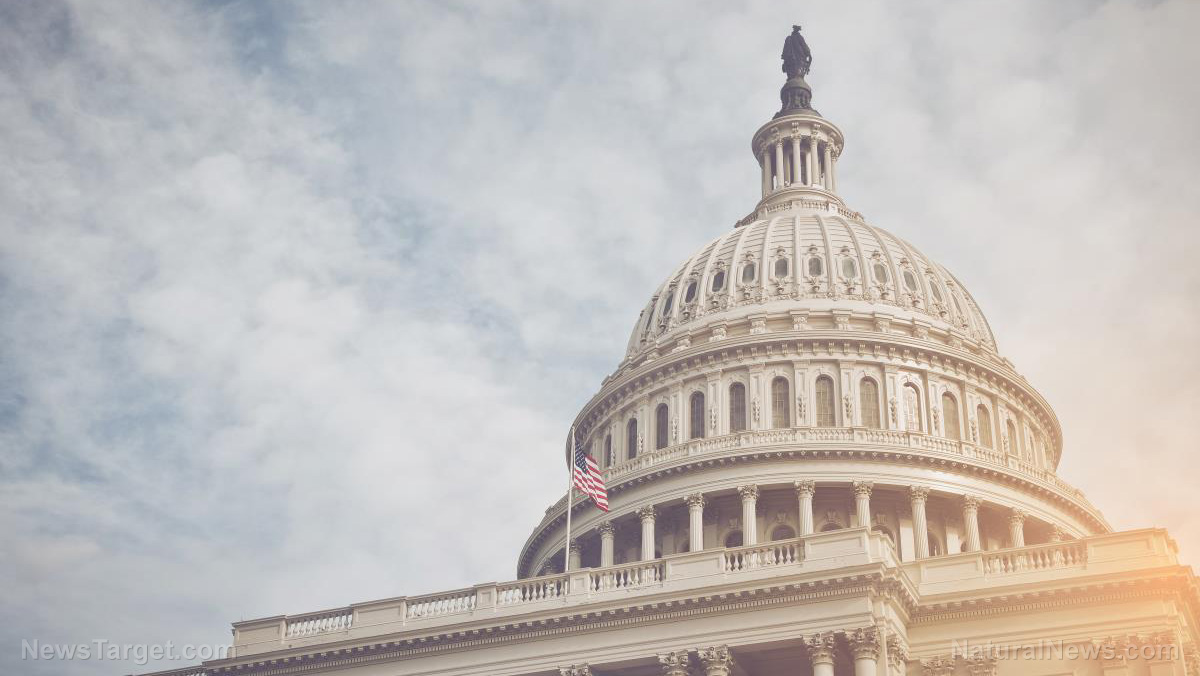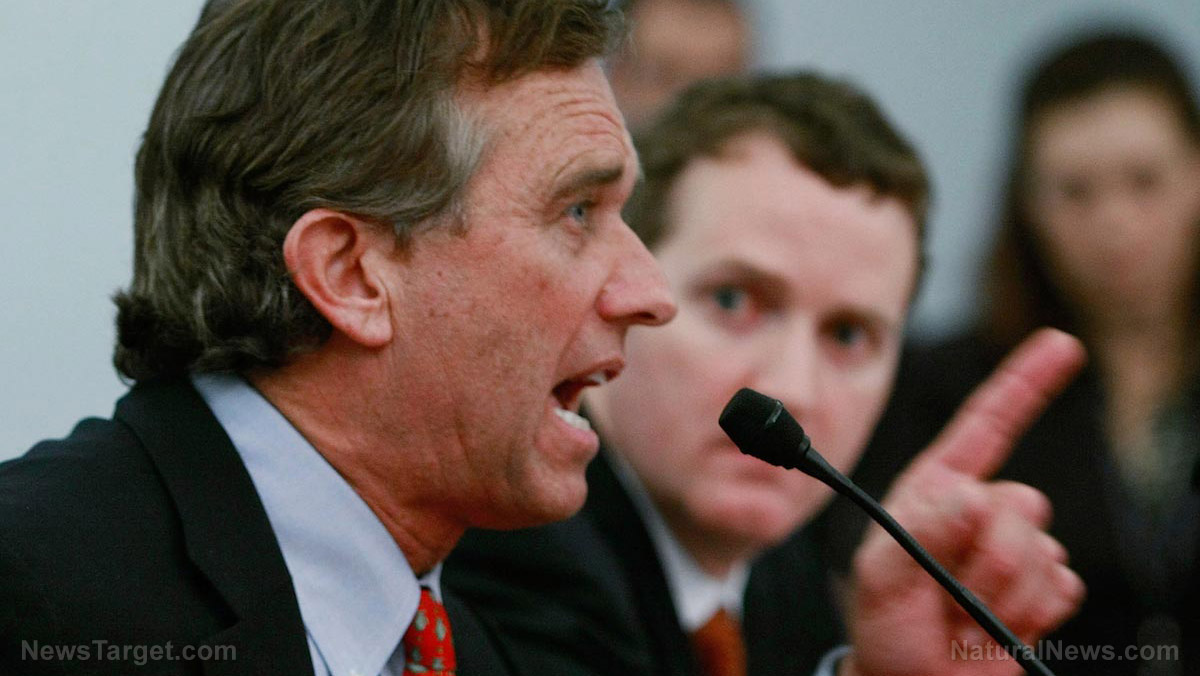Scientists accidentally discover why the independent media makes Democracy STRONGER
11/29/2017 / By Isabelle Z.

Democracy is great, but it’s certainly not the quickest way to get things done, and a new study shows that is something that will have to change if societies want to remain stable. In addition, the study shed some light on the significant role that factors like independent media can play in strengthening democracy.
According to the study’s author, German physicist Claudius Gros of Goethe University Frankfurt’s Institute for Theoretic Physics, the pace of governance is currently out of sync with the timescale of citizens’ decision-making processes.
After studying how societies with this issue fare over time, he concluded that future public policies need to take this shift into account as government responsiveness is absolutely essential.
He told EuroScientist that the feedback loop that exists between the opinions of the average voter and the actions taken by the political elite tends to generate self-reinforcing developments. This, he says, is particularly true at a time when political correctness is widespread, which tends to keep citizens closer to the norm.
Two recent examples of the disconnect between the time lag in governmental decision-making and the time scale of voters forming opinions can be seen in the Brexit vote and the Catalan referendum. In the Brexit vote, for example, no change will take place until several years have passed since the referendum vote. It’s precisely this gap that he feels needs to be closed.
While his models do not predict specific political developments, they do show a tendency toward what he termed “runaway developments” like these as people desire a change from the established order. He also cited the election of President Trump as another example of this.
The role of independent media
Gros observed that citizens are now forming their opinions on political issues faster than they ever have before in relation to the time spent on policy decision-making. This shift is being aided largely by the internet and the prevalence of mobile phones. Therefore, the modes of governance need to adapt in kind if they want to keep democratic societies steady.
Independent media can play an important role in making democracies stronger. Over time, the mainstream media has fallen further and further under the control of the most powerful influencers in societies, including not only the government but also large corporations. That is why they show such a stubborn insistence on protecting the old ways and disputing or downright ignoring new suggestions. The mainstream media essentially serves to reinforce the status quo rather than challenge it.
The independent media, on the other hand, brings in new ideas, and that’s why it has become so popular. People are tired of being fed the same lines, and they’re tired of inactivity on the part of the government. Whether we like it or not, times are indeed changing, and that means that public policies need to be revised. A free press that is completely independent is one of the basic tenets of a free society, and we seem to be moving further and further away from that.
Gros said that instabilities in a society can come from the loss of flexibility – specifically when voicing points of view that deviate from the norm becomes difficult.
He found that the general time scale for people to form opinions ranges from seven to 15 months, and that when political systems take longer than that to respond to any type of external shock, like a financial crisis, a tipping point is reached. This leads to the type of instability that can spur erratic political developments.
The study was published in the European Physical Journal B and is entitled “Entrenched time delays versus accelerating opinion dynamics: are advanced democracies inherently unstable?”.
Sources include:
Tagged Under: debate, democracy, honesty, independent media, information transparency, instability, mainstream media, opinions, political correctness, truth, voting
RECENT NEWS & ARTICLES
COPYRIGHT © 2017 PENSIONS NEWS




















